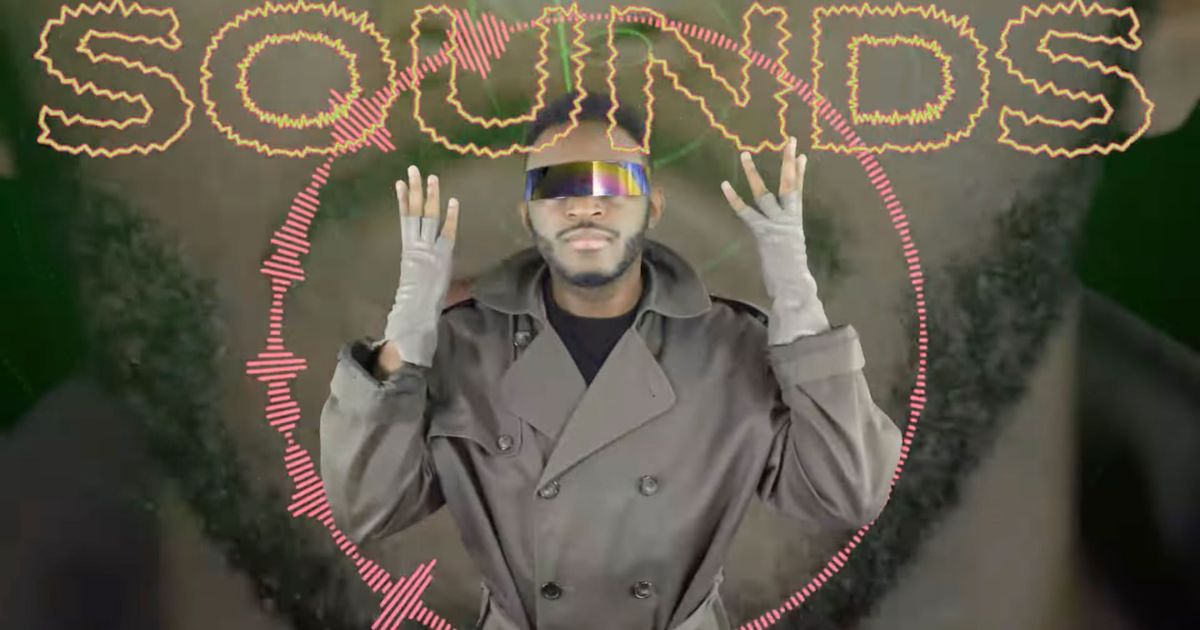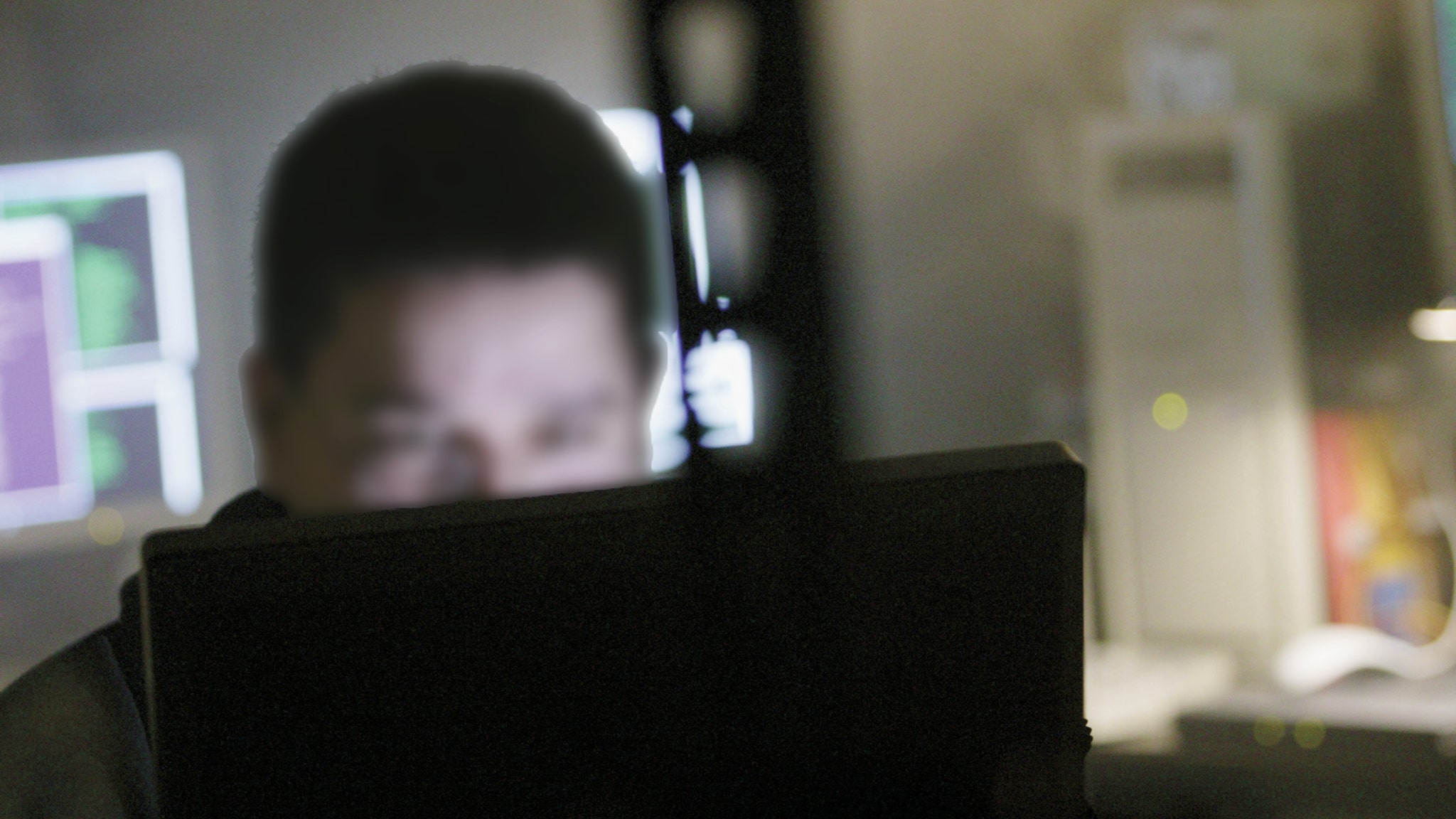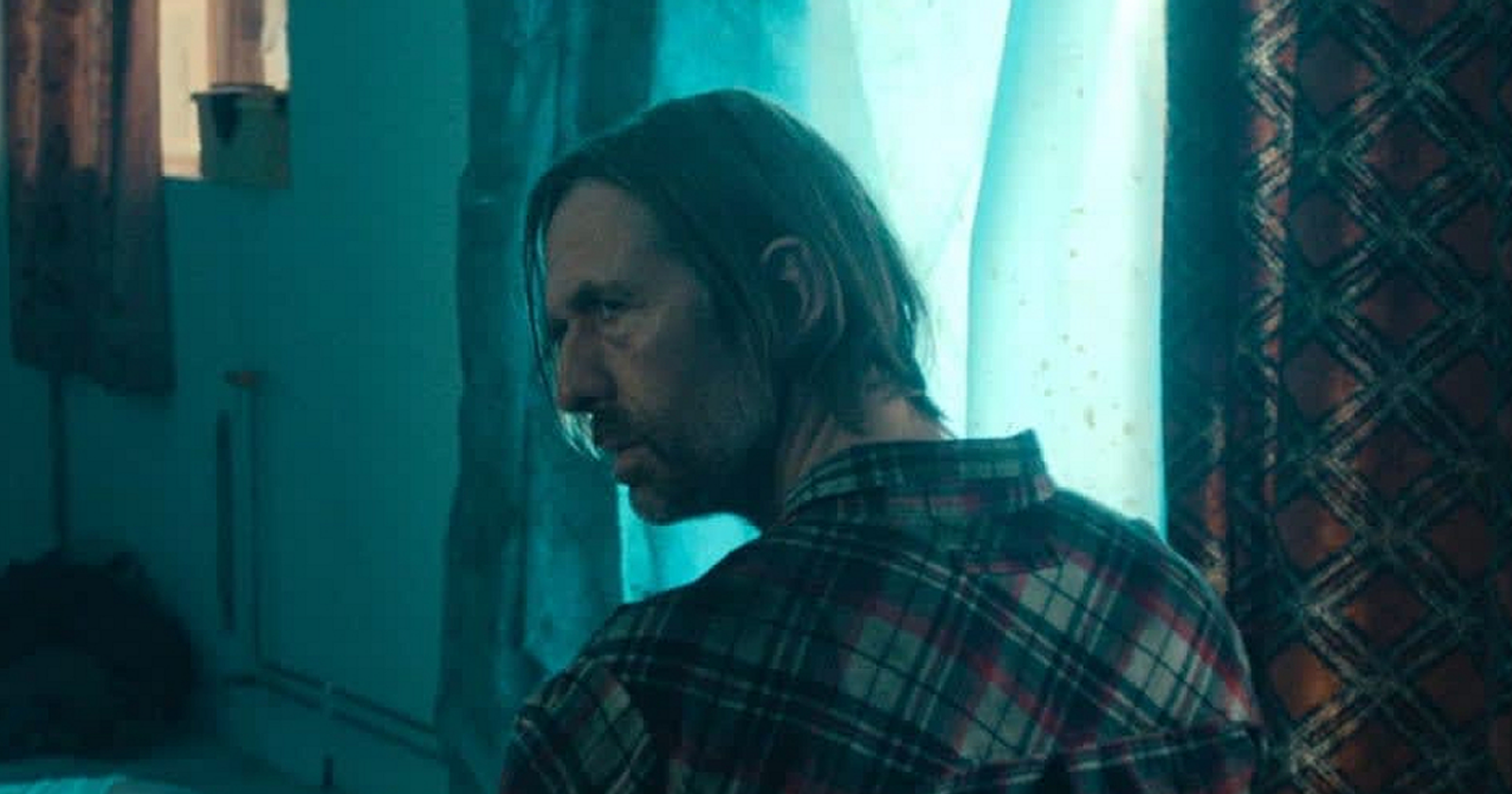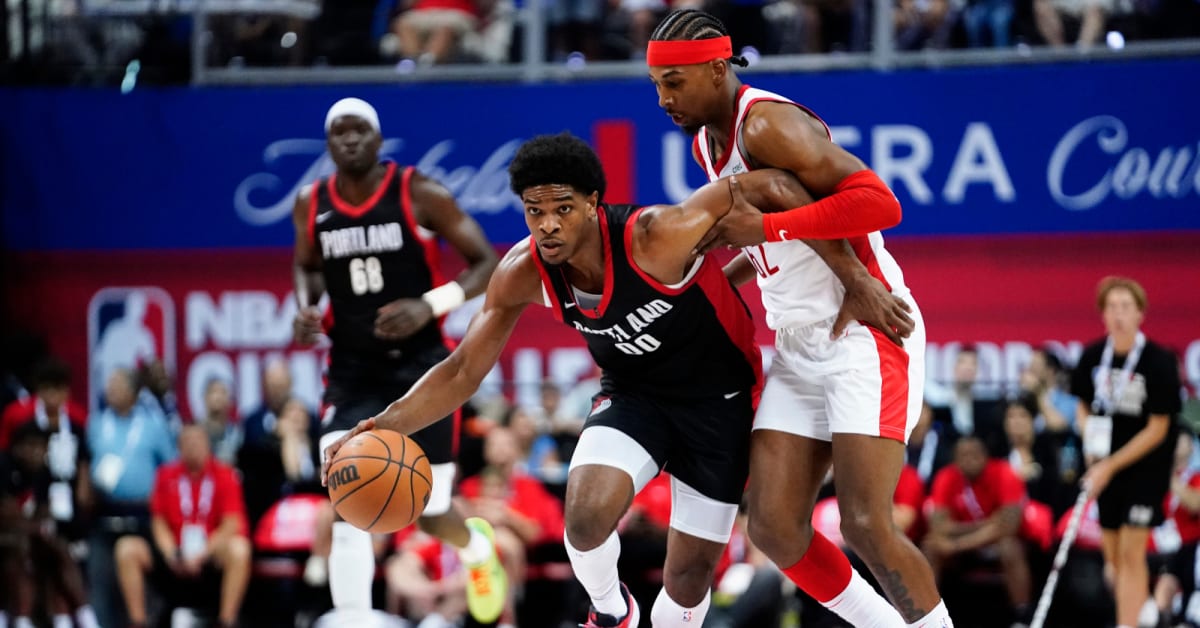
On the track “Liberation,” the closer on former Conan writer Skyler Higley’s new comedy mixtape SALTWATER, Higley tells a joke about the immense pressure Martin Luther King Jr.’s offspring must feel to follow in his footsteps. “How hard would it be to be in that family and not want to do what your father did?” he asks over the sound of intensifying melodic synths. “Your whole life everybody’s coming up to you being like, ‘Don’t you want to fight for civil rights and the liberation of Black people just like your father?’ And you gotta be like, ‘No, I just want to dance!’” Right as the punchline hits, the song’s drums snap into place and it turns into a pulsating house track, with the joke’s tag — “I have a dream too!” — sampled and spliced across it as a refrain.
SALTWATER is part of a long tradition of entertainers blending comedy and music, often to mixed results. There are performers who write comedic songs, like Bo Burnham and Catherine Cohen. There are acts who play musical instruments while telling jokes, like Zach Galifianakis and Demetri Martin. There are funny musical productions, like The Producers and The Book of Mormon. There are, regrettably, musicians who try to be funny, like John Mayer or T.I. The examples of cross-pollination are endless, because the relationship between the two art forms flows naturally. Both comedy and music manufacture tension, sucking the air out of the room before delivering catharsis in the form of well-timed musical payoffs or punchlines.
SALTWATER is a unique entry into the canon. It originated as a series of live stand-up sets Higley performed while featuring for Laurie Kilmartin in December 2021 at Comedy on State in Madison, Wisconsin. Instead of posting the footage the club recorded to social media, he ripped the audio and shared it with his friend and collaborator, Salt Lake City musician Nicholas James, who composed instrumental scores to accompany the jokes within. The pair sought to recreate a project they’d experimented with in 2017, where James layered music beneath Higley’s jokes, but in a more intentional way that reconciled these elements into one cohesive unit.
James’s compositions time punchlines to match percussion drops, change key to coincide with joke segues, span genres to capture the mood of each joke’s content, and utilize different musical techniques to match the tone of their delivery. Higley’s jokes cover topics like psychedelics, religion, and his experience as the adopted Black child of white parents, and while it’s tight enough not to need these frills, James’s score turns it into a more well-rounded expression of Higley’s material that can be listened to on repeat. Upon its release, Higley’s former boss Conan O’Brien tweeted an endorsement of the project, calling it “delightfully bizarre and undeniably hilarious.”
In a recent conversation, Higley and James discussed the project, transcending the emotional limitations of comedy using music, and the reactions of internet commenters.
Why did you want to create a musical score to accompany this stand-up material? Were you worried at all that it would come across as a gimmick?
Skyler Higley: I definitely had that worry going into this one, because we had done it before, back in 2016-2017. The thing about that one was that it was recorded on an iPhone back when I was doing open mics, so it was like, This is cool, but it does sound really bad. I think we had talked about doing a better version of that for a while.
Nicholas James: I think we made four tracks back then, and probably 25 seconds of it is still listenable. At the time, it was very much cutting and copying the stand-up and the music together. With SALTWATER, it was a way more deliberate process of making music alongside the comedy measure by measure.
SH: We were very intentional about that. You were asking about whether it would just come off as a gimmick, and I think there’s been other stuff done before where music gets layered behind stand-up. Like on Mitch Hedberg’s album Strategic Grill Locations, there’s that little bass behind it, which sounds really good. But with this, in order to make it its own thing and not just stand-up, we really felt like the music and the stand-up needed to be part of the same piece, not just two separate things thrown together.
When you listened back to certain jokes, how did you decide what musical genre or melody would suit them best?
SH: The most involvement I had with the music part of the project was talking about the emotional intentionalities behind how the bits came off, how they struck Nick, and their cadence. Those conversations became the starting point of Nick being like, “I think I’m gonna make the song based on your intention, or based on the emotion behind the joke, or based on your disposition at the time.”
NJ: Skyler provided a lot of direction about how the narrative was going to be track by track, and also as a sequence of tracks. So he brought some vision to it that made that part a little bit easier. But sometimes I would just listen back to stuff and doodle and play with other things around the room to try to see if I could capture some sort of feeling that I could put into the keyboard or the guitar. For instance, the song “Legend” is the part of the mixtape that’s most like trap music, and that’s because the bit is about Jesus’s apostles being fraternity brothers. For me, I just associate that with that type of music so much. That’s one way in which the stand-up informed the tonality of some of the music.
I was wondering if you could take me through the process of composing music for the track “milf,” where Skyler talks about searching for his biological mother. To me, that’s the best marriage of music and content on the album.
NJ: I used an arpeggiator sound that, to me, felt like it gave off the same feeling as scanning eyes trying to look around a room. And Skyler does a little bit of tiptoeing in the performance of the bit, which is part of why I think it hits and it’s so funny. I wanted to piggyback on that walking-on-eggshells feeling with the music and create something that sounds hesitant in the beginning. There’s some rhythmic things going on in this bit that are really cool when the beat does finally drop, too. We kind of repeated the samples a bit more to double down on what he’s saying in that same tentative way that the bit is structured.
Skyler, were you actually tentative about performing the bit?
SH: It’s funny you say that, because no. Absolutely the opposite. It’s the bit I was most excited to tell because it felt so specific to me and my perspective. What we were able to build music out of was the escalation in the tension of feeling like it’s tentative. I have to perform that I’m tentative saying it, because the concept of it is so weird. And the fact that I can flip the stretching of that tension into something that has really strong punchlines is something that I get a lot of enjoyment out of.
On “Drunk,” you talk about the notion of authenticity in comedy and how that can get distorted through your relationship with an audience. Do you think using music in your comedy helps bridge that gap, because music can communicate feelings words can’t always express?
SH: Definitely. I think that’s also why, working on this project, it’s been so important for Nick and I to have been as close as we have for as long as possible. When you laugh at a joke, you’re typically only feeling one emotion — you’re only going like, This is funny. Sometimes comedians will take it into another direction, but then we undercut it with laughs, and it all feeds back into the same sort of emotional track. Whereas packaging it with music creates the same feeling as if you’ve ever done psychedelics: It’s like there are four more dimensions to what I’m thinking, or how I’m feeling about what I’m thinking that I’m not usually processing under regular circumstances. So I think that even if it’s just somewhat of a trick that we’ve pulled, that gap feels like it’s bridged because you feel the emotion of whatever major chord instead of just me saying something and you thinking something about it. It’s emotionally colored, so it’s already going to feel a lot more authentic.
What was it like to get the Twitter endorsement from Conan? Skyler, as your former boss, did you ask him to do it?
SH: I definitely didn’t ask him. Because it’s not like he really answers my texts, you know? It was cool for me, because he’s one of the greatest living comedians and bosses, and it was just as cool as having worked for him. Who would not be excited by that?
NJ: Skyler texted an image of that to me. I opened it on my bike and I nearly crashed into a fence.
Incidentally, someone had written a reply to Conan’s tweet that said, “I tried to listen to this because you recommended it. But I found out I don’t like New Wave music played over my stand-up.” And that’s actually what motivated me to click on it.
SH: Yeah, we talked about that tweet. It’s very funny, because this is so much what the internet is. We were like, “Hey, we made a sandwich!” And then someone replies and goes, “I don’t like sandwiches!” But that’s what it is! I guess that’s valid not to like that kind of thing, but I don’t know why you need to say it.
NJ: I was interested that it got called “New Wave.” Where did that come from? I guess everyone has a different interpretation.
Related
- The Best Comedy Shorts of February 2022




























![Finally! General Hospital’s Brook Lynn and Chase Can Have Their Wedding Now That [Spoiler] Is Returning Finally! General Hospital’s Brook Lynn and Chase Can Have Their Wedding Now That [Spoiler] Is Returning](https://i0.wp.com/soaps.sheknows.com/wp-content/uploads/2022/11/163481_1083_v1.jpg?fit=300%2C300&ssl=1)








































